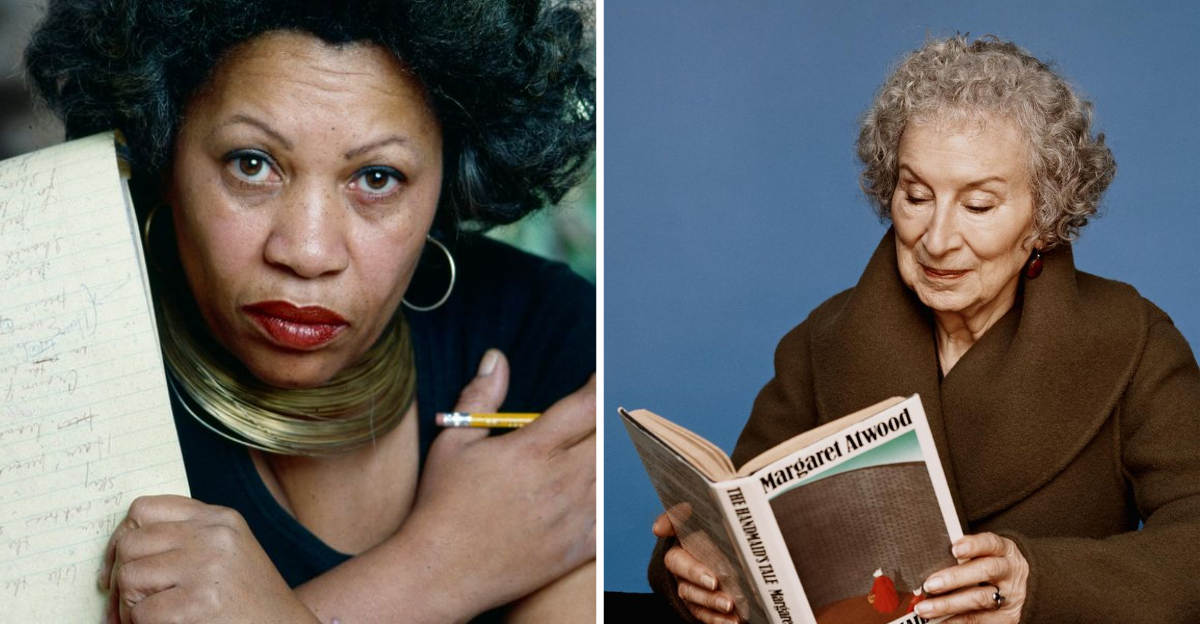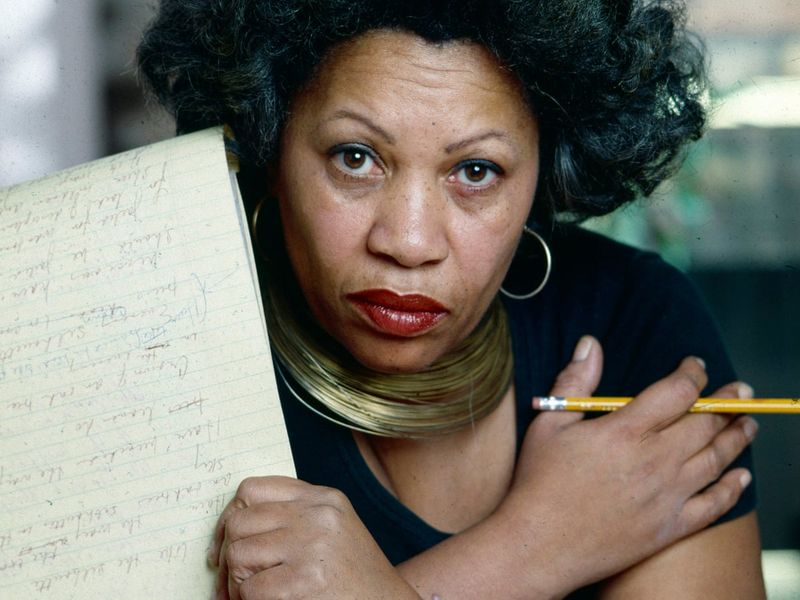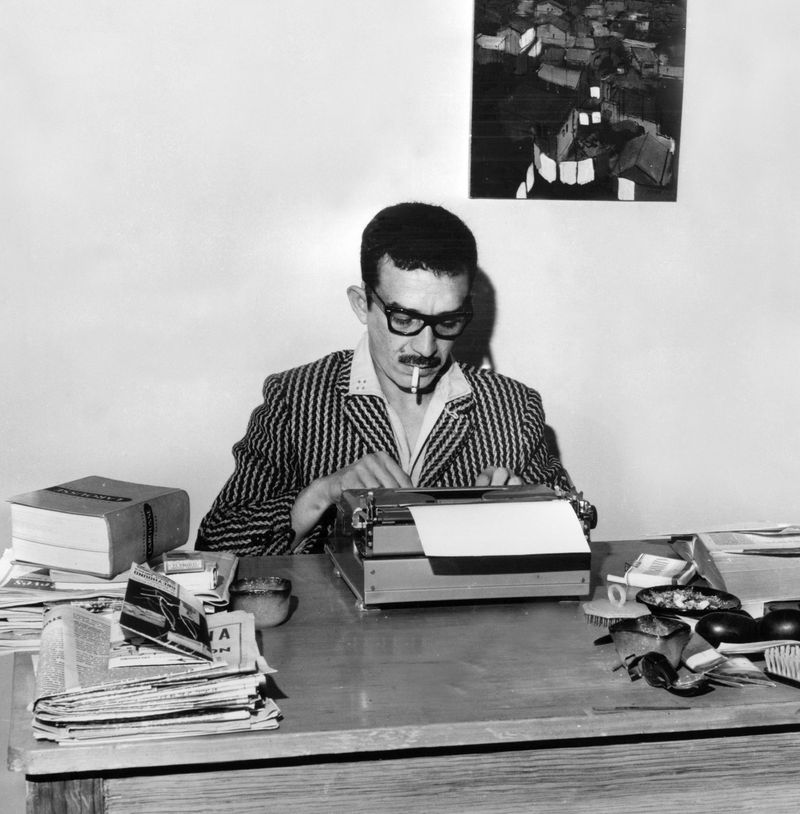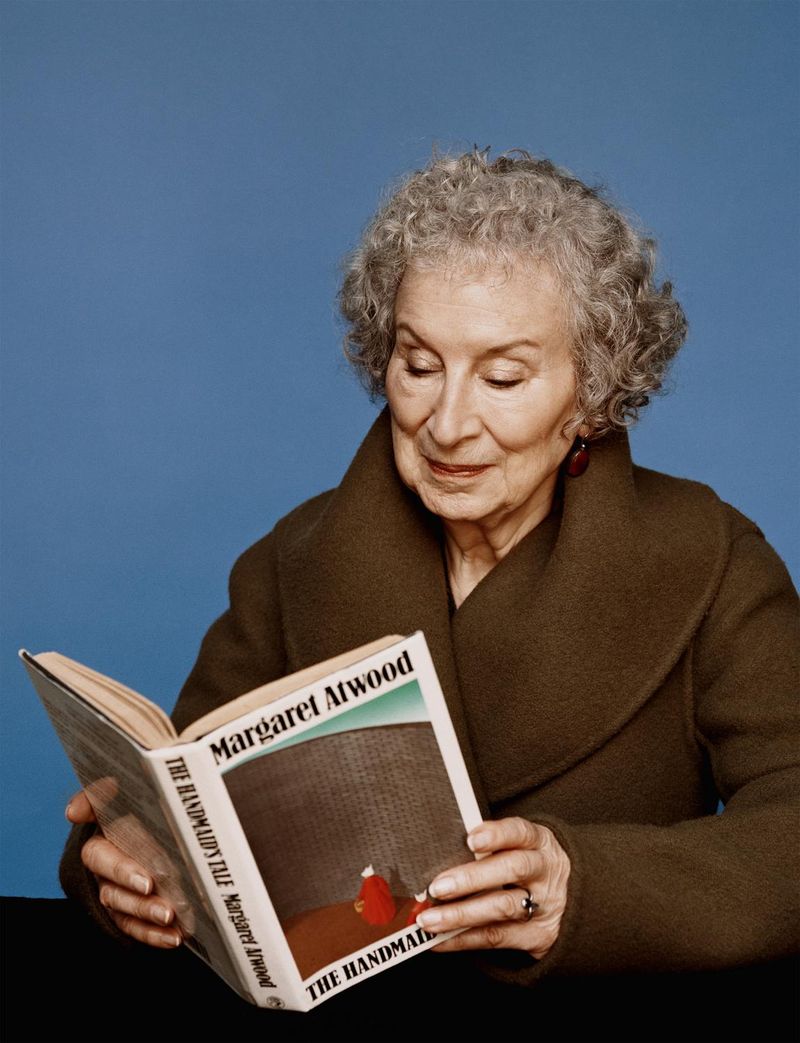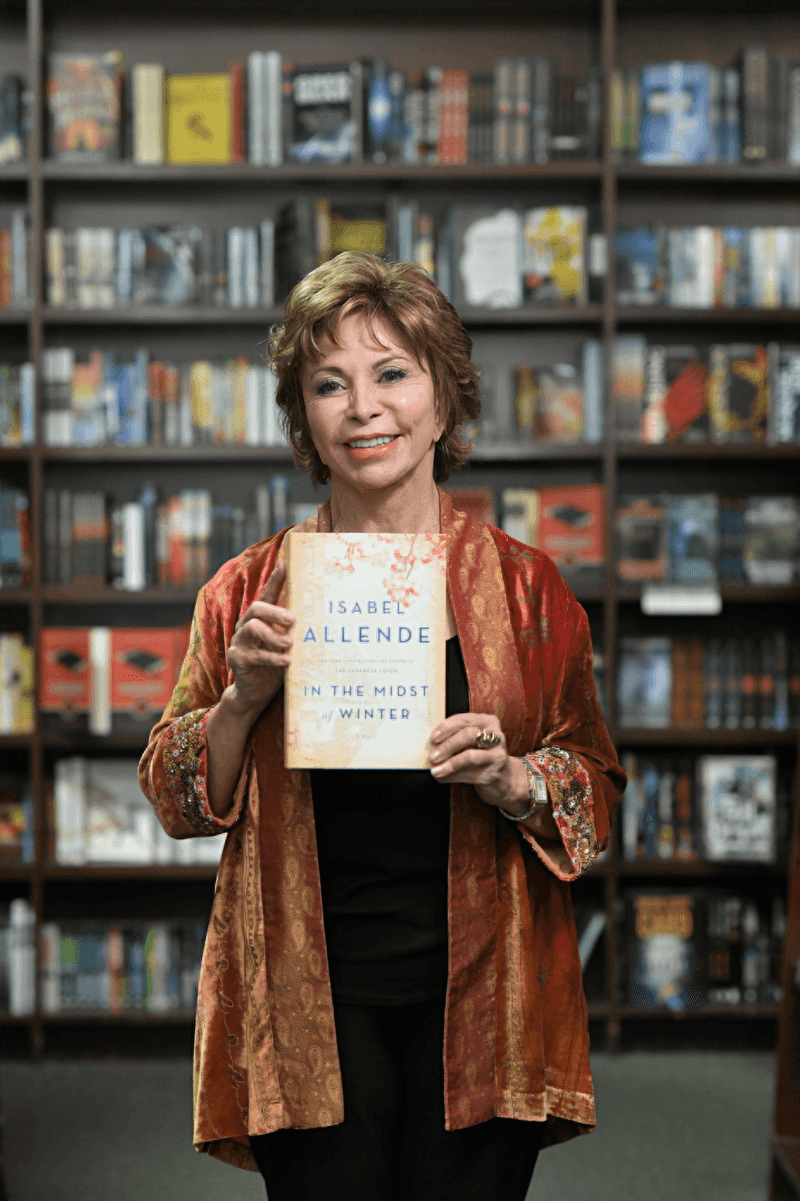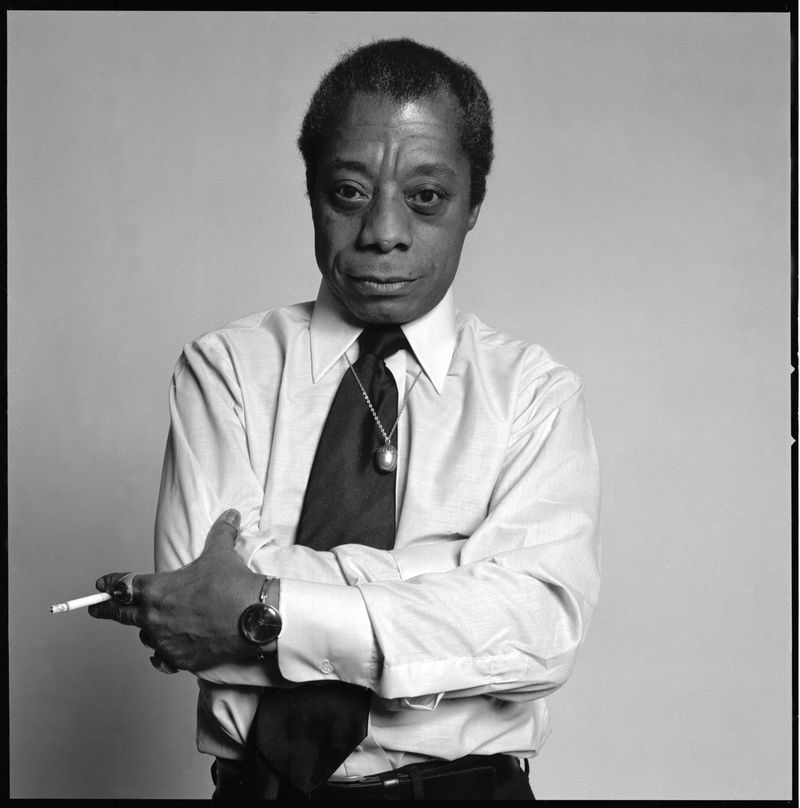The 1970s was a remarkable decade for literature, marked by innovative storytelling and diverse voices that continue to resonate today. In this blog post, we’ll explore seven iconic authors from this era whose works left an indelible mark on the literary world.
Toni Morrison
Toni Morrison emerged as a formidable literary voice in the ’70s, bringing African American narratives to the forefront of literature. Her unique blend of mythical elements and rich storytelling captivated readers.
Morrison’s novels often explore complex themes of identity and community, as seen in her critically acclaimed work, “The Bluest Eye.” Her writing style is characterized by poetic language and profound emotional depth.
Through her captivating narratives, Morrison not only won numerous awards but also inspired a new generation of writers to explore diverse cultural experiences.
Gabriel García Márquez
Gabriel García Márquez, a Colombian novelist, enchanted the literary world with his magical realism. In the ’70s, his masterpiece “One Hundred Years of Solitude” became a defining work.
Márquez’s storytelling weaves fantastical elements with reality, creating worlds that are both mysterious and familiar. His ability to capture the essence of Latin American culture is unparalleled.
His narratives often delve into themes of love, power, and destiny, offering readers a glimpse into the human condition. Márquez’s legacy continues to influence writers and readers globally.
Margaret Atwood
Margaret Atwood emerged as an influential voice during the ’70s with her sharp prose and keen insights into human behavior. Her fiction often explores themes of feminism and identity.
Atwood’s novel “Surfacing” became a critical favorite, showcasing her talent for blending the personal with the political. Her lyrical yet incisive writing style draws readers into her complex characters’ lives.
Through her works, Atwood has consistently challenged societal norms, encouraging readers to question and reflect on their own beliefs and assumptions.
Kurt Vonnegut
Kurt Vonnegut was a master of dark humor and satire, gaining significant recognition in the ’70s. His novel “Breakfast of Champions” is a prime example of his unique voice.
Vonnegut’s works often explore the absurdities of human existence, employing a style that is both witty and thought-provoking. His narratives are marked by a blend of science fiction and social commentary.
Through his distinctive approach, Vonnegut invited readers to reflect on the complexities of society, leaving a lasting impact on the literary world.
Isabel Allende
Isabel Allende began captivating readers in the ’70s with her evocative storytelling. Her debut novel “The House of the Spirits” established her as a prominent voice in literature.
Allende’s writing combines elements of magic realism with historical fiction, often centered around strong female protagonists. Her narratives are rich with emotion and cultural depth.
Through her works, she explores themes of love, family, and resilience, resonating with readers worldwide. Allende’s ability to blend the personal with the political has made her a powerful figure in contemporary literature.
Haruki Murakami
Haruki Murakami burst onto the literary scene in the late ’70s, offering readers a fresh and surreal perspective. His novels often blend mundane reality with fantastical elements.
Murakami’s works, such as “Hear the Wind Sing,” showcase his unique narrative style that captivates audiences. His stories delve into themes of isolation, identity, and self-discovery.
His ability to create immersive worlds has earned him a dedicated global following. Murakami’s influence on modern literature continues to grow, inspiring countless writers and readers alike.
James Baldwin
James Baldwin’s powerful voice resonated throughout the ’70s, as he tackled complex social issues through his writing. His essays and novels explore themes of race, identity, and humanity.
Baldwin’s eloquent prose and profound understanding of the human condition made him a leading figure in American literature. His work remains influential today, inspiring discussions on race and civil rights.
Through his heartfelt narratives, Baldwin challenged societal norms and encouraged readers to confront their own biases, leaving a lasting legacy that continues to inspire change.
